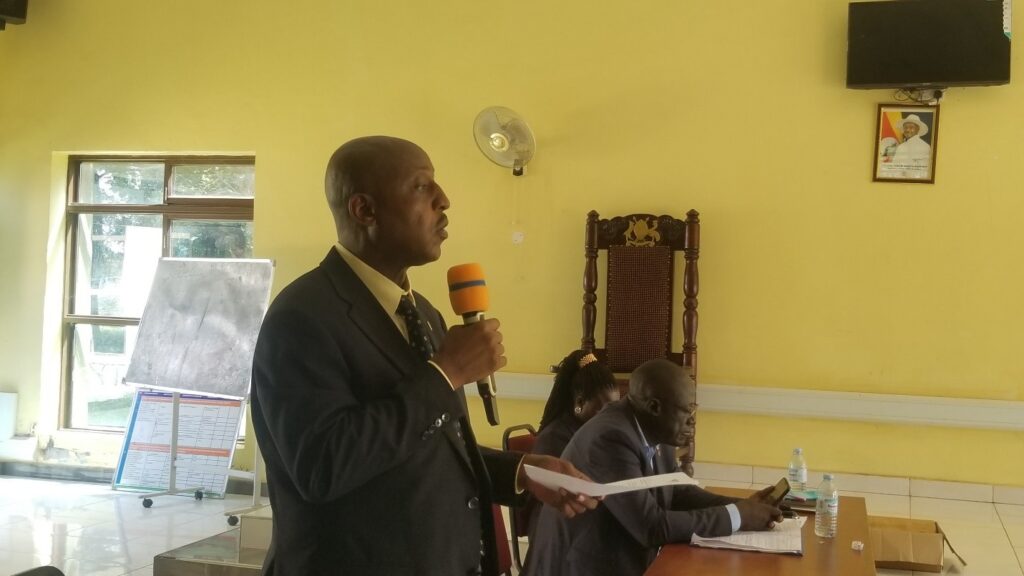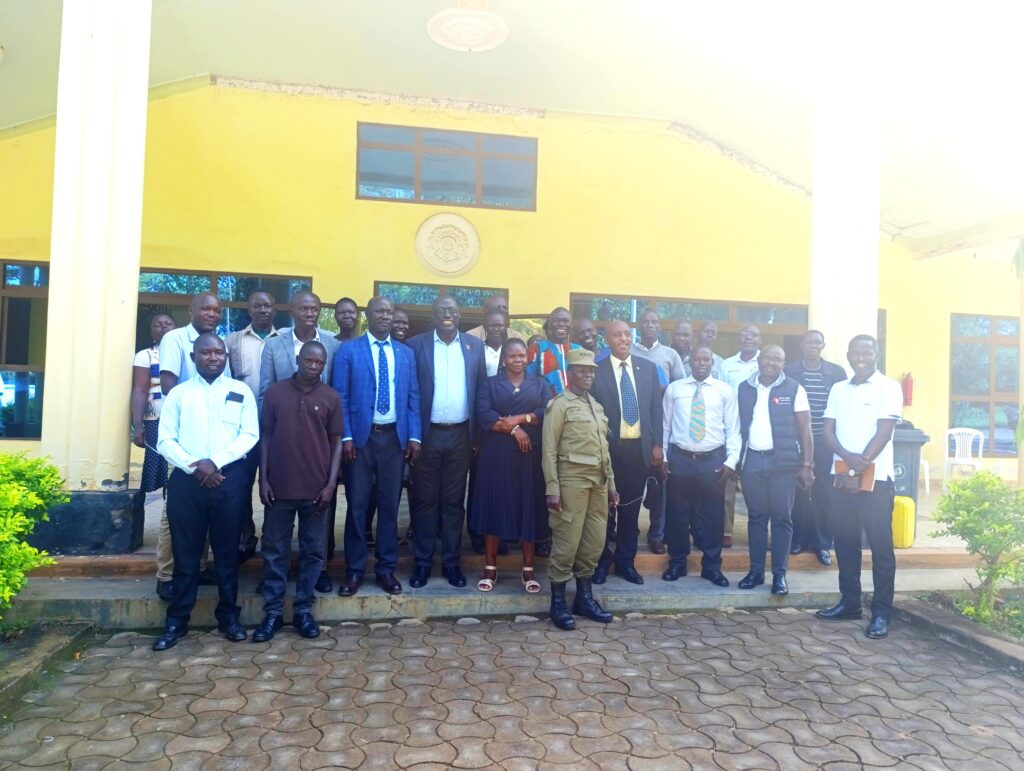25% OF TVET STUDENTS IN WEST NILE HAVE EXPERIENCED SEXUAL VIOLENCE.
By Anzoo Evaline and Bazio Doreen.
25% of Technical and Vocational Education and Training (TVET) students in West Nile have experienced sexual violence according to a 2025 baseline survey report for the safety and protection of children.
The perpetrators are said to be fellow students, teachers and community members while the main places where violence occurs were cited as: classrooms, school compounds, dormitories/hostels, bushy areas near schools and on outings/tours.
The main drivers of violence against children in schools identified are: economic hardships, parenting gaps, peer pressure, harmful cultural practices as well as drug and alcohol abuse.
The findings also show that: 24.5% and 25.5% of secondary school students had experienced physical and economic violence respectively; only 74.5% schools included child protection in their school development plans; and 25.5% teachers lacked skills on child protection.
While presenting the survey’s findings to key stakeholders from Ma’di Sub Region at the Adjumani District Council Hall on 6th November 2025, Obong Peter (PhD), the lead researcher said that the aim of the survey was to generate evidence to strengthen child protection in secondary schools and institutions of learning in line with the National Strategic Plan (NSP VACiS 2015–2020).
The survey covered 51 schools, and 1,003 (505 male, 498 female) students across nine West Nile districts of Adjumani, Moyo, Terego, Yumbe, Koboko, Maracha, Madi-Okollo, Obongi, and Arua. Other key informants were Police Officers, District Education Office staff, Teenage mothers, Community Development Officers, and NGOs.
The survey was conducted by the Ministry of Education and Sports (MoES) and Windle International under the Uganda Secondary Education Expansion Project (USEEP).
On his part, Dima Robert, the Adjumani District Education Officer, confirmed poor parenting as contributor of violence against school going children urging stakeholders to scale up sensitization and awareness creation.
“Poor parenting is one of the causes of violence among students. Some community activities expose learners to bad peer groups. We need regular parents’ meetings to create awareness on better parenting methods,” Dima stated.
Similarly, Jomaring Japheth Joel, the Head Teacher Idiwa Secondary School in Palorinya Refugee Settlement Obongi district, observed a knowledge gap within both students, and their parents.
“Financial challenges, early and forced marriages, and girls’ lack of sexual and reproductive health information are contributing factors,” Jomaring said.

Samuel Mpibaza Hashaka, the Resident District Commissioner Obongi is now calling for a joint and concerted effort by all duty bearers and key stakeholders to join the fight against violence that targets school going children.
“We are doing worse than Karamoja and as far as children are concerned, especially those at school and those who are supposed to be at school. And I want to say we are at crisis level early marriages, teenage pregnancies, defilement are the order of the day. So, we have to put our efforts together to make sure we stop this violation of the children’s rights because we, the stakeholders, and the parents are not doing enough,” said Hashaka.
Fortunately, Obong in his report also stressed that protection measures have been put in place to prevent the vice in schools.
“74.5% of schools have integrated child protection in their School Development Plans, Guidance & Counselling stands at (21.7%), VAC sensitization (17.8%) Menstrual Hygiene Management (17.1%), 80% of teachers accessed training in 2024,” Obong stated.
Ocen Julius, the Program Manager, Windle International, also recommended that more capacity building trainings need to be conducted.
“We need to strengthen capacity building, increase resource allocation to boost funding to support child protection activities and infrastructure, improve reporting and referral systems, support vulnerable learners to introduce counselling, ensure childcare support for teenage mothers, and enhance community and parental engagement to reduce stigma,” Ocen recommended.
Meanwhile, district leaders in the Madi Sub-region praised the Ministry for spearheading the assessment and committed to using the findings to improve the safety and wellbeing of learners. They also pledged to collaborate with MoES, NGOs, and school administrations to close the identified gaps and ensure safe, inclusive, and protective learning environments in all schools.
The dissemination meeting brought together district leaders from Adjumani, Obongi, and Moyo, head teachers, District Education Officers (DEOs), Chief Administrative Officers (CAOs), and education stakeholders. `

END.
